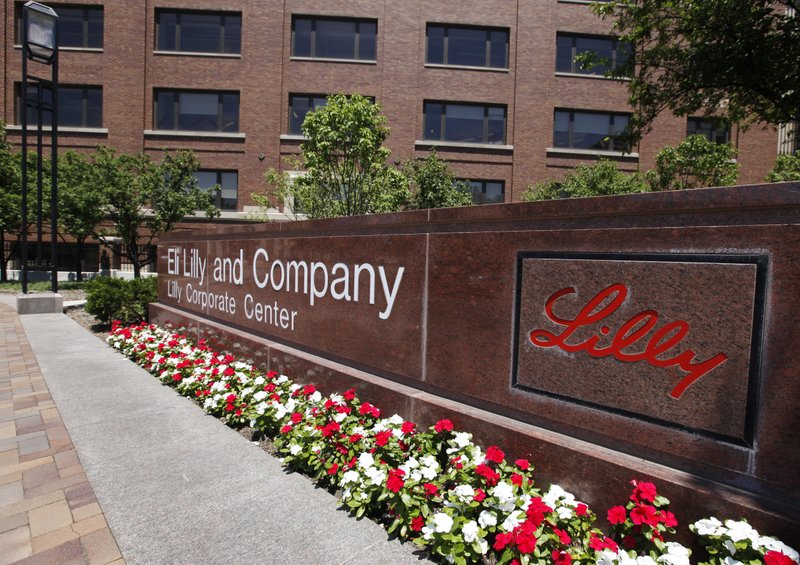- Joined
- Sep 20, 2016
- Messages
- 1,802
- Reaction score
- 502
Once again, another "govt" agency is putting out policies with ZERO EBM that already costs approximately 17 billion/year in costs.
Here is an analysis by independent researchers on the RCTs concerning statins:
http://jcbmr.com/index.php/jcbmr/article/view/11/26
Clearly, statins have a NNT > 228 for primary prevention of MIs and are even not particularly beneficial in secondary prevention of MIs (NNT approximately 100).
Yet the newest "recommendations" by the US Task Force on Prevention of Disease run by a Standard Professor is pushing for a BROADER application of Statin usage despite ZERO evidence.
This is DESPITE statins being linked to DM2, Cognitive Decline, Neurological Disorders, Liver Enzyme elevations, Muscle Breakdown, etc. Statins are literally basically POISON for the vast majority of people being prescribed this medication with zero evidence for benefit.
The REAL reason why the Statin guidelines have been changed:
https://www.healthnewsreview.org/2016/11/why-statin-guidelines-might-be-biased/
No wonder the Republicans want to defund the AHRQ with frauds like Rodger Chou doing his "research". If this is the quality of "research" coming out of these clown organizations, there should be zero funding for them.
Essentially, these clowns can fudge the data/analysis to skew in any direction they want.
For instance, Dreyfuss showed in the Washington State Health Technology Assessment, that Chou left of many observational studies with far larger patient numbers that showed POSITIVE results for IPM.
He also didn't mention the Pain Scores/Functional Benefit in some of the studies that didn't show "any clinical benefit" such as the Cohen study whereby Gabapentin plus injections offered the best results with >65% benefit after a series of injections over the course of the year with Gabapentin.
So a logic conclusion from that study would be to first add Gabapentin for the patient if its the CHEAPEST method with decent efficacy. If unsuccessful, then add in ESI for further pain control.
Interesting how that was interpreted differently by Chou.
I truly believe the academics that run these agencies have their minds ALREADY made up before the "evidence" comes out and skew it in the direction they want.
Once again, the "EBM" fraud continues.
Compare how the "RCT review of statins" vs "Pain Injections" were carried out and the analysis if you don't believe me.
Here is an analysis by independent researchers on the RCTs concerning statins:
http://jcbmr.com/index.php/jcbmr/article/view/11/26
Clearly, statins have a NNT > 228 for primary prevention of MIs and are even not particularly beneficial in secondary prevention of MIs (NNT approximately 100).
Yet the newest "recommendations" by the US Task Force on Prevention of Disease run by a Standard Professor is pushing for a BROADER application of Statin usage despite ZERO evidence.
This is DESPITE statins being linked to DM2, Cognitive Decline, Neurological Disorders, Liver Enzyme elevations, Muscle Breakdown, etc. Statins are literally basically POISON for the vast majority of people being prescribed this medication with zero evidence for benefit.
The REAL reason why the Statin guidelines have been changed:
https://www.healthnewsreview.org/2016/11/why-statin-guidelines-might-be-biased/
No wonder the Republicans want to defund the AHRQ with frauds like Rodger Chou doing his "research". If this is the quality of "research" coming out of these clown organizations, there should be zero funding for them.
Essentially, these clowns can fudge the data/analysis to skew in any direction they want.
For instance, Dreyfuss showed in the Washington State Health Technology Assessment, that Chou left of many observational studies with far larger patient numbers that showed POSITIVE results for IPM.
He also didn't mention the Pain Scores/Functional Benefit in some of the studies that didn't show "any clinical benefit" such as the Cohen study whereby Gabapentin plus injections offered the best results with >65% benefit after a series of injections over the course of the year with Gabapentin.
So a logic conclusion from that study would be to first add Gabapentin for the patient if its the CHEAPEST method with decent efficacy. If unsuccessful, then add in ESI for further pain control.
Interesting how that was interpreted differently by Chou.
I truly believe the academics that run these agencies have their minds ALREADY made up before the "evidence" comes out and skew it in the direction they want.
Once again, the "EBM" fraud continues.
Compare how the "RCT review of statins" vs "Pain Injections" were carried out and the analysis if you don't believe me.
Last edited:

